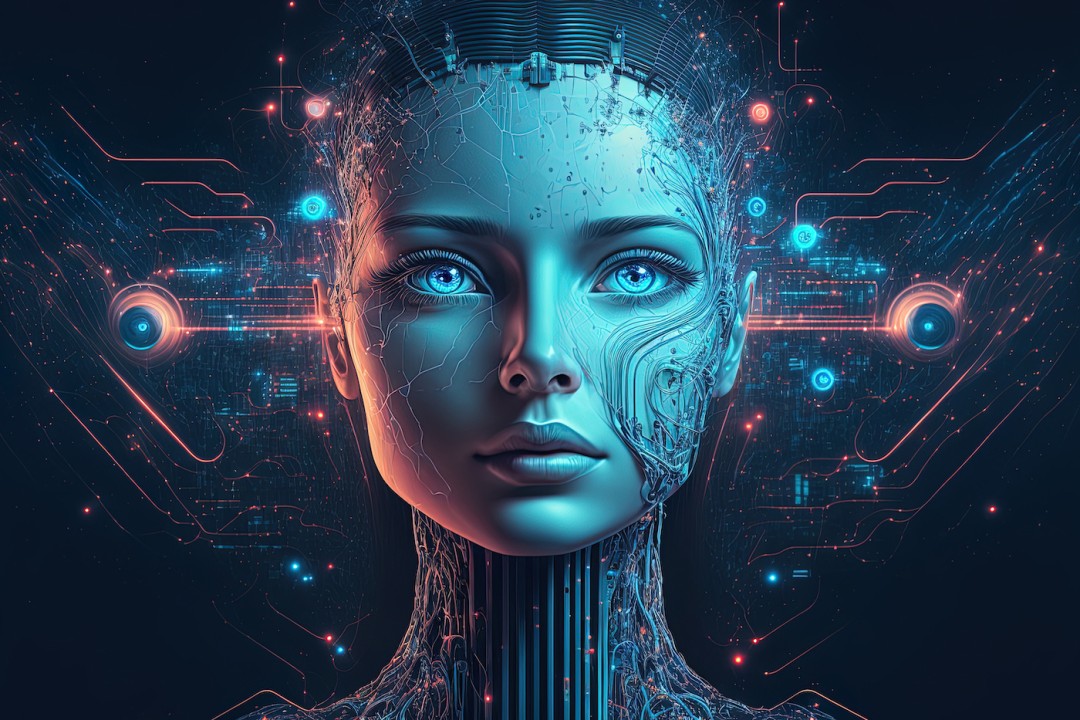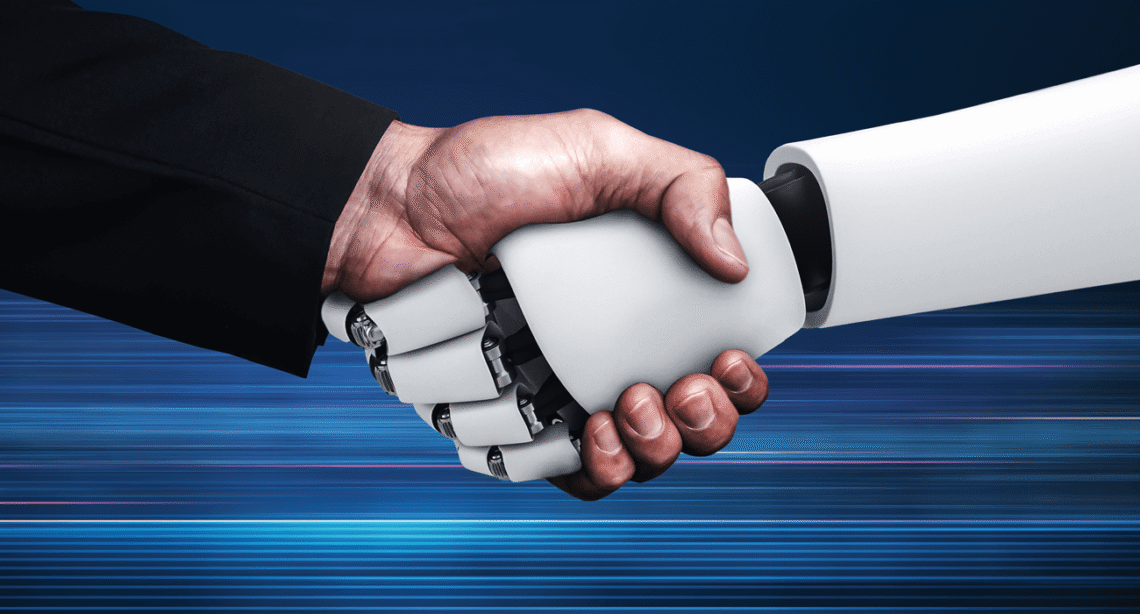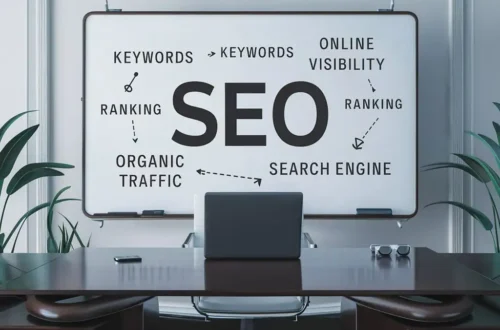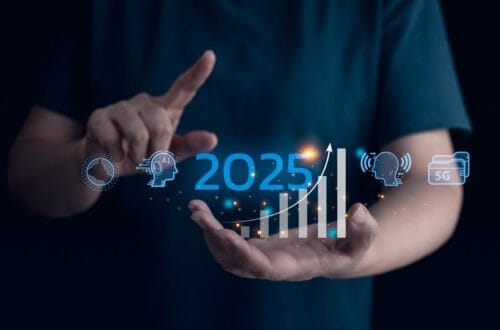The Growth of Artificial Intelligence
Artificial intelligence has gradually moved from being a futuristic concept to a practical reality influencing almost every industry. Businesses, healthcare providers, educators, and even creative professionals are leveraging advanced algorithms to carry out tasks that once required human decision-making. The technology operates on the ability to analyze large sets of data, learn from patterns, and produce accurate predictions. What was once considered experimental is now part of everyday life, shaping how people live and work.
Impact on Business and Industry
Companies are adopting machine-based systems to improve customer service, enhance productivity, and reduce costs. For instance, virtual assistants and chatbots have become common in customer support departments, offering quick responses to client inquiries. Manufacturing industries utilize automated machines to maintain efficiency in production lines, while financial institutions rely on predictive models to assess risks and prevent fraud. The presence of these intelligent tools allows organizations to achieve results that would otherwise require significant manpower and resources.
AI in Healthcare Advancements
Healthcare has been one of the most remarkable areas where artificial intelligence has made an impact. Diagnostic tools powered by advanced software assist doctors in detecting conditions earlier than traditional methods. Imaging systems can identify potential health issues in scans with incredible precision, helping medical professionals focus on treatment rather than spending excessive time analyzing results. Personalized treatment recommendations, based on patient history and genetic data, are another breakthrough supported by AI-driven applications. The aim is not to replace human doctors but to give them additional resources to make more informed decisions.
Education and Personalized Learning
The educational sector has also benefited from the introduction of intelligent systems. Students can now access platforms that adapt to their learning pace, style, and progress. Teachers use data-driven insights to identify areas where students need additional help, which creates a more customized learning experience. Online classrooms supported by automated evaluation tools reduce the time teachers spend grading assignments while ensuring fair and accurate results. These changes are gradually reshaping the traditional classroom model into one where technology complements teaching rather than replacing it.
Artificial Intelligence in Daily Life

Outside of professional settings, people encounter this technology in subtle yet impactful ways. Voice assistants embedded in smartphones and home devices respond to questions, set reminders, or control smart home appliances. Streaming services provide personalized recommendations based on previous viewing or listening habits. Even online shopping platforms apply intelligent systems to suggest products aligned with consumer preferences. These everyday interactions highlight how much the technology has become integrated into human routines without most people actively noticing it.
Creativity and Artificial Intelligence
Contrary to the belief that machines lack imagination, artificial intelligence has contributed to creative fields as well. Artists and designers are using software to generate artwork, produce music, and even develop scripts. These systems do not replace creativity but provide inspiration, acting as partners in the creative process. Writers can experiment with new narrative ideas, while musicians find unique patterns for melodies. The blend of human imagination and machine-driven assistance is producing innovative outcomes in art, media, and entertainment.
Ethical Considerations and Challenges
While the benefits are clear, artificial intelligence also brings complex challenges. Privacy concerns arise as vast amounts of personal data are collected to fuel algorithms. Job displacement is another issue, as certain manual or repetitive tasks become automated. Governments and organizations are debating policies to ensure responsible use of intelligent technologies. Striking a balance between innovation and ethical responsibility remains a priority. Transparency in algorithmic decision-making and fairness in data usage are ongoing discussions among experts worldwide.
The Future of Artificial Intelligence
The journey of artificial intelligence is far from complete. With research continuing at a rapid pace, its potential to transform industries and everyday life grows stronger. Areas such as autonomous vehicles, advanced robotics, and smart cities are already under development. These technologies aim to address real-world problems like transportation safety, climate challenges, and urban efficiency. The direction in which this field progresses will largely depend on how societies manage its benefits and challenges, ensuring it serves humanity positively while minimizing risks.






